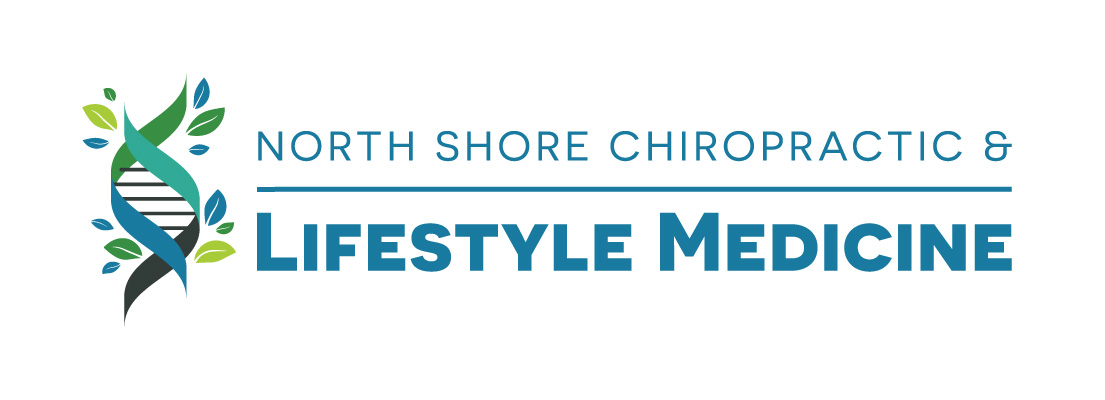Resetting Your Sleep and Wake Cycle

With the hectic pace of day-to-day life, many people don’t get the recommended amount of sleep each night. According to the National Sleep Foundation, adults typically need between 7 and 9 hours of sleep per night in order to function at their best.
Getting a few less hours a night for a couple days in row can have the same effect as staying awake for 24 hours straight. Over time, chronic sleep debt can contribute to fatigue, increased stress levels, reduced attention spans, and declined cognitive performance. The Harvard Newsletter from December 30, 2017 states that a change in the circadian rhythm can contribute to cancer, diabetes, heart disease, and obesity.
The circadian rhythm or the sleep wake cycle is affected by the amount of light you’re exposed to throughout the day. The circadian rhythm is important for restful sleep. During a restful sleep for 7 to 9 hours, our hormones and central nervous system are rebooted. These are 2 systems that control our body.
With the use of digital devices such as smart phones, computers, and tablets which expose you to light throughout the day and night causing a shift in our circadian rhythm.
The screen from digital devices are designed to look like a sunny afternoon which shifts our circadian rhythm toward staying awake. The screens of these digital devices also have a significant amount of blue light. Blue light suppresses melatonin, the sleep hormone.
Here’s what you need to do to sleep better and improve your quality of life.
Get as much sun exposure in the morning as possible.
Limit or eliminate overhead lighting 2 hours before bed.
Limit your screen time 2 hours before bed.
There is an app you can download to adapt your digital screen device to the room that you are in, avoiding the daylight screen. Here is a useful app, www.justgetflux.com. This will also minimize blue light.
Have a constant sleep and wake time, even on weekends.
Get rid of the television in your bedroom.
Keep your phone and all electronic devices away from you at night.
Avoid alcohol 3 hours before bedtime.
Avoid caffeine after 2 PM.
Avoid decongestants and cold medications at night such as Sudafed.
Exercise daily.
During the evening avoid stressful activities that cause tension and anxiety.
Finish all eating 3 hours prior to going to sleep.
Smart phone and tablet applications to adjust the light and minimize bluelight.
- Night Shift for iPhone
- Twilight for iPhone
- Calm for android, iOS
- CBT-I COACH for android, iOS
- Pzizz for android,iOS
- Sleep++ for iOS
- Sleepio for iOS
- Sleeostream for iOS
- SnoreLab for android, iOS
- U-Sleep for android. iOS
Devices and Wearables
- Apple Watch
- Bellabeat LEAF
- Firstbeat
- Fitbit activity trackers
- Garman activity trackers
- InBody Band
- Jawbone Up activities tracker
- Microsoft Band
- Misfit activity tracker
- Withings AURA
- ResmedS+
There are a lot of opportunities to get a good night sleep. If you need any further assistance you can join my Facebook health question-and-answer group at Robert Romanelli DC.
